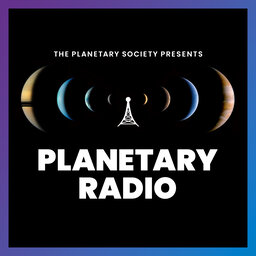
Planetary Radio: Space Exploration, Astronomy and Science
Planetary Radio brings you the human adventure across our solar system and beyond. We visit each week with the scientists, engineers, leaders, advocates, and astronauts taking us across the final frontier. Regular features raise your space IQ while they put a smile on your face. Join host Sarah Al-Ahmed and Planetary Society colleagues including Bill Nye, the Science Guy, and Bruce Betts, chief sc…Social links:
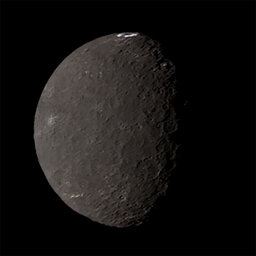
Did an impact trigger cryovolcanism on Umbriel?
Could a single ancient impact have briefly transformed one of the Solar System’s darkest moons into a cryovolcanic world? When Voyager 2 flew past Uranus in 1986, it captured the only close-up images we have of Umbriel, a heavily cratered, charcoal-dark satellite long considered geologically inact…
59:57Clean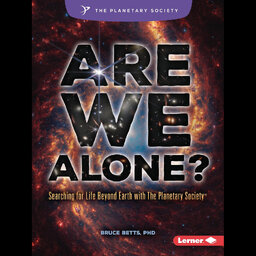
Book Club Edition: Planetary Society Chief Scientist Bruce Betts’ latest for kids
They informed and entertained together throughout the first 20 years of Planetary Radio. Listen in as the Society’s chief scientist and book club edition host Mat Kaplan share the mic once again for a delightful conversation about Dr. Betts’ two new space books for young people. “Are We Alone?” int…
56:54Clean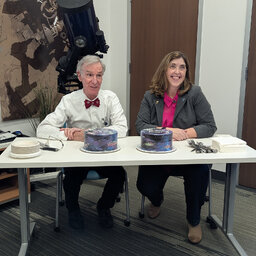
A new chapter at The Planetary Society: Jennifer Vaughn becomes CEO
This week on Planetary Radio, we mark a major leadership transition at The Planetary Society. Host Sarah Al-Ahmed sits down with Bill Nye, outgoing chief executive officer and newly appointed chief ambassador of The Planetary Society, and Jennifer Vaughn, incoming chief executive officer and former…
59:58Clean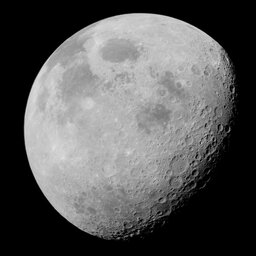
Where did Earth’s water come from? Clues hidden in Apollo Moon dust
Where did Earth’s water come from? In this episode of Planetary Radio, we explore how scientists are answering that question by studying a remarkably well-preserved record of the early Solar System: lunar samples brought back by the Apollo missions. Host Sarah Al-Ahmed is joined by Tony Gargano, po…
1:02:00Clean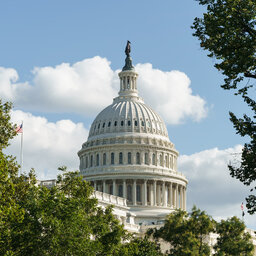
Space Policy Edition: What a NASA Authorization bill actually does
What does a NASA authorization bill actually do, and why does it matter? In this episode of Space Policy Edition, we dig into one of the most misunderstood but powerful tools Congress uses to shape the future of U.S. space exploration. Host Casey Dreier, chief of space policy at The Planetary Soci…
1:00:35Clean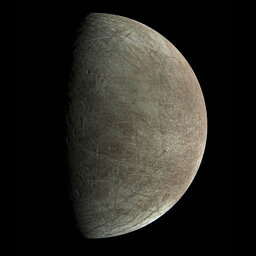
Europa’s quiet seafloor
What if Europa’s seafloor isn’t alive with activity after all? This week on Planetary Radio, host and producer Sarah Al-Ahmed explores new research that reframes how scientists think about one of the Solar System’s most intriguing ocean worlds. Sarah is joined by Paul Byrne, associate professor o…
1:02:41Clean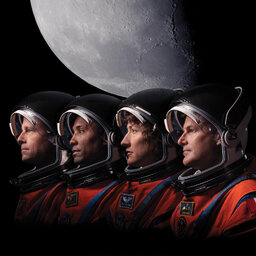
Artemis II and III: The science that brings us back to the Moon
Humans are preparing to return to the Moon. On this episode of Planetary Radio, host Sarah Al-Ahmed is joined by Kelsey Young and Noah Petro, two of the scientists helping turn humanity’s return to the Moon into reality. Kelsey Young is a research space scientist at NASA Goddard Space Flight Cente…
1:04:09Clean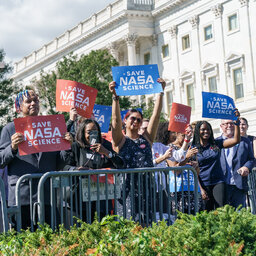
NASA science saved: Inside the 2026 budget victory
After months of uncertainty, NASA science has been spared from the largest proposed budget cuts in the agency’s history. In this episode of Planetary Radio, host Sarah Al-Ahmed unpacks how Congress moved to restore near-full funding for NASA science and what that victory really means for missions, …
1:01:08Clean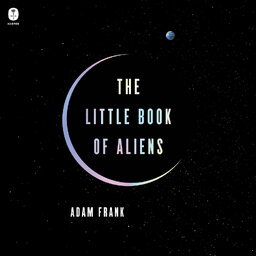
Book Club Edition: The Little Book of Aliens by Adam Frank
Famed astrophysicist and science communicator Adam Frank shares his sense of wonder and humor in a live conversation about his excellent new book, “The Little Book of Aliens.” Join Adam and host Mat Kaplan as they explore the origin of life, the search for extraterrestrial intelligence, and whether…
44:10Clean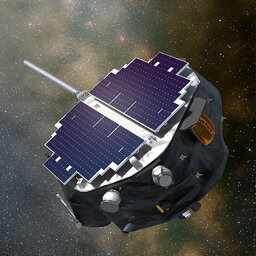
IMAP and the shape of the heliosphere
Our Solar System is wrapped in a vast, invisible bubble created by the Sun, a protective region that shields Earth and the planets from much of the radiation that fills our galaxy. But until recently, scientists have only had rough sketches of what this boundary looks like and how it behaves. In t…
56:45Clean
 Planetary Radio: Space Exploration, Astronomy and Science
Planetary Radio: Space Exploration, Astronomy and Science